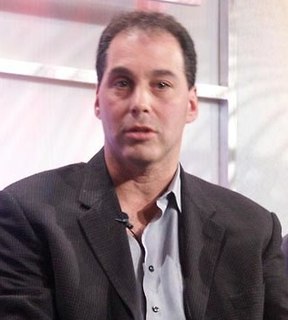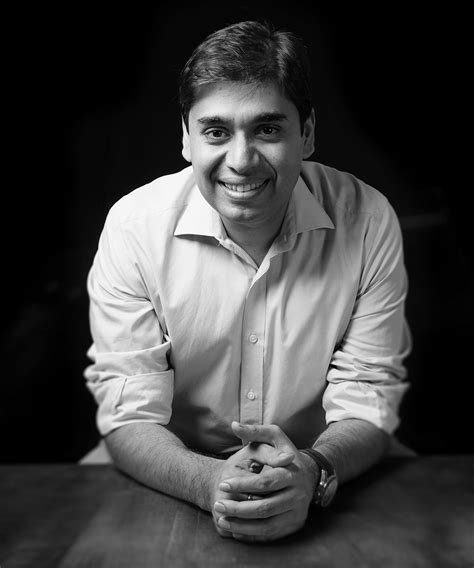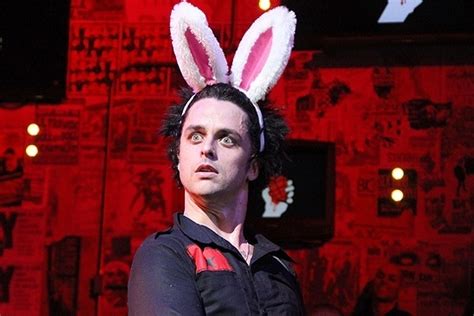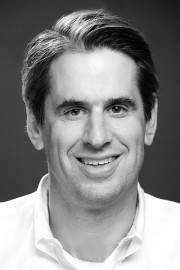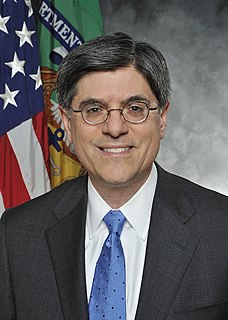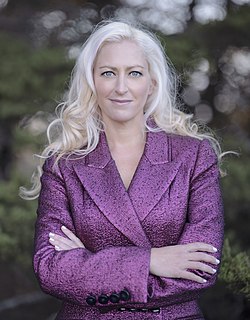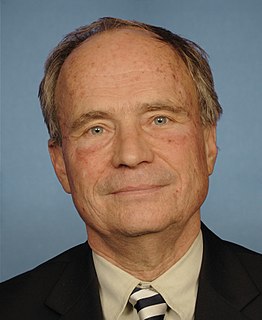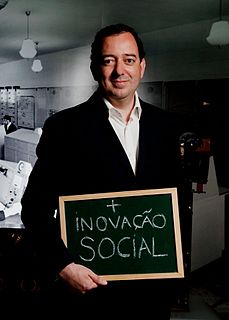A Quote by Yuri Milner
The company that creates one global social graph will be very important going forward. It will be Facebook, with maybe 2-3 local social networks able to sustain competition long term.
Related Quotes
I think that competition will exist even if we discover more oil. We're never going to know how much we have, or how long will it last. You are always going to want to have diversity of supply. I think the Middle East will remain a region of competition, of global competition, fighting for a long time.
In the future, I think it's pretty plausible that collective intelligence tools and skills will be important in order to be a part of global dialog, global business, and global creativity. People who know how to negotiate collective intelligence networks are going to be in a good position to contribute to global society.
In the eighties and nineties, the innovation agenda was exclusively focused on enterprises. There was a time in which economic and social issues were seen as separate. Economy was producing wealth, society was spending. In the 21st century economy, this is not true anymore. Sectors like health, social services and education have a tendency to grow, in GDP percentage as well as in creating employment, whereas other industries are decreasing. In the long term, an innovation in social services or education will be as important as an innovation in the pharmaceutical or aerospatial industry.


